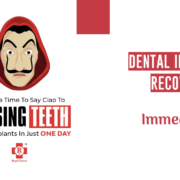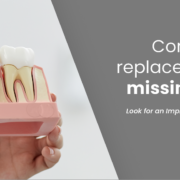Dental implants can change your life! These artificial roots offer the opportunity to eat almost anything, feel more confident about your smile, and even help you find a new partner. It’s not uncommon for patients to report that their lives have changed for the better after getting dental implants. But what happens when things don’t go as smoothly as you had hoped? In this blog post, we discuss how dental implants can shift teeth in some cases, what you can do about it and how this may be avoided in the future. Keep reading to get all your answers!
This may be a worrying scenario for a lot of people. You’ve got a dental implant and have the strange sensation that your teeth are moving. Can this thing be possible? Can teeth move after getting dental implants? And if that’s the case, what should you do next?
This usually happens because when a crown or dental bridge is attached to the implant, it puts additional pressure on the nearby teeth, giving you the strange sensation that they are moving.
What can cause dental implants to shift?
There are several causes of shifting dental implants. The first, and most common cause, is that you are grinding your teeth. If you are not aware that you are grinding, or if you do not have a preventative solution in place, you can cause damage to your implants. Another cause of shifting dental implants is gum disease.
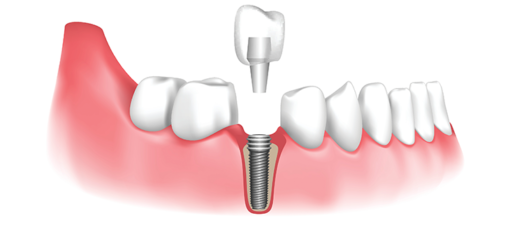
If you have gum disease, your dentist may recommend that you have gum surgery to treat it. If this gum surgery causes an unnatural amount of bleeding, it can affect the stability of the bone around your dental implants. Implants also help to prevent future health issues. They are less likely to cause issues with your jaw muscles, your TMJ, and your jaw joints than dentures are.
So, Why Do I Have This Sensation?
While your dental implant shouldn’t move at all, you can still have this sensation after certain procedures. For example, during the dental implant treatment, it may feel like your teeth are moving after the dentist has placed the dental crown. However, that’s not usually the case.

This usually happens because when a crown or dental bridge is attached to the implant, it puts additional pressure on the nearby teeth, giving you the strange sensation that they are moving. This feeling is very similar to getting your braces tightened. But, unlike in the case of braces, your teeth aren’t actually shifting, just have some extra pressure put on them. This discomfort should go away in a few days as you get used to your new teeth.
How do you know if your implants are shifting?
If you think that your implants are shifting, there are a few things that you can do to check. First, you can go to see your dentist at the earliest sign of shifting. Your dentist will be able to tell if your dental implants are shifting by examining your mouth.
If your dentist finds that your dental implants are shifting, he or she will likely recommend that you change something about your lifestyle either stop grinding your teeth or stop bleeding. If you don’t go to the dentist, there is a chance that you will not realize that your dental implants are shifting for a while.
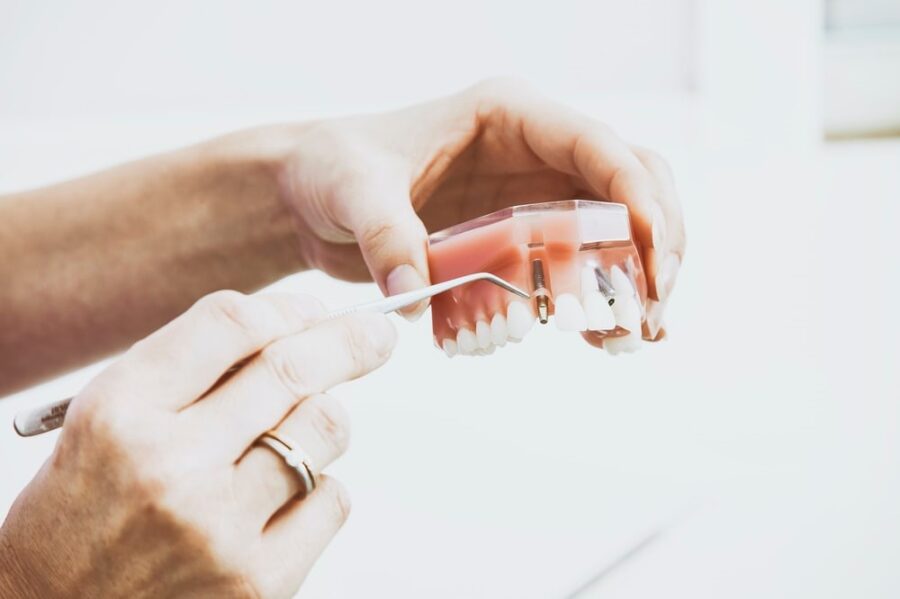
You can check for shifting dental implants by taking a look at your teeth in the mirror. If you notice that your teeth are moving, or if they don’t look straight, it is time to see a dentist. When you get an implant, the dentist will insert a metal post into your jaw bone. That post should be placed securely and it shouldn’t move or wiggle at all, even after you’ve just gotten out of surgery.
4 Tips to help prevent shifting dental implants
Exercise: Exercise is good for the body, and it is good for your teeth. If you regularly exercise, you will likely notice fewer teeth grinding and grinding caused by stress. If you are not regularly exercising, you may want to start so that you can avoid shifting dental implants.
Stop Grinding Your Teeth: If you have regular dental implants, there is a good chance they will be damaged if you regularly grind your teeth. If you are grinding your teeth, you can protect your implants by using a night guard. A night guard is a device that you wear while you sleep that protects your teeth from grinding.
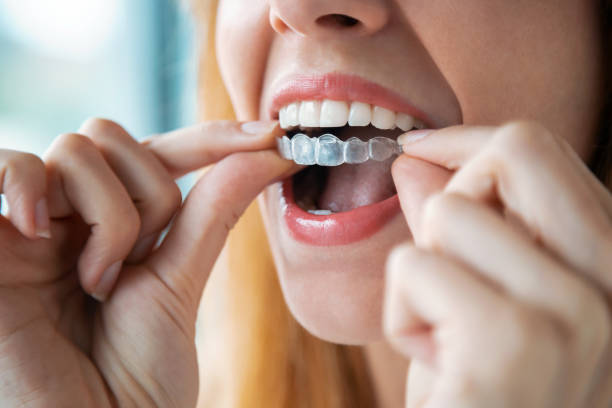
Protect Your Gums: Gum disease can make your implants less stable. If you are experiencing gum disease, you can take steps to help your implants stay in place. You can talk to your dentist about taking antibiotics to fight gum disease and protect your implants at the same time.
Avoid These Foods: Your dentist will be able to tell you whether or not certain foods are good for you or if they can damage your implants. If you want to protect your implants, make sure to avoid these foods.
Bottom line
Dental implants can be an amazing procedure that can change your life. But if you are not careful, they can also slowly shift until they are out of place. If your dentist notices that your implants are shifting, there are some steps that you can take to fix the problem. When it comes to shifting dental implants, prevention is the best cure. By exercising, stopping the grinding of your teeth, and protecting your gums, you can keep your dental implants in place for good.
Follow Us For More Updates

